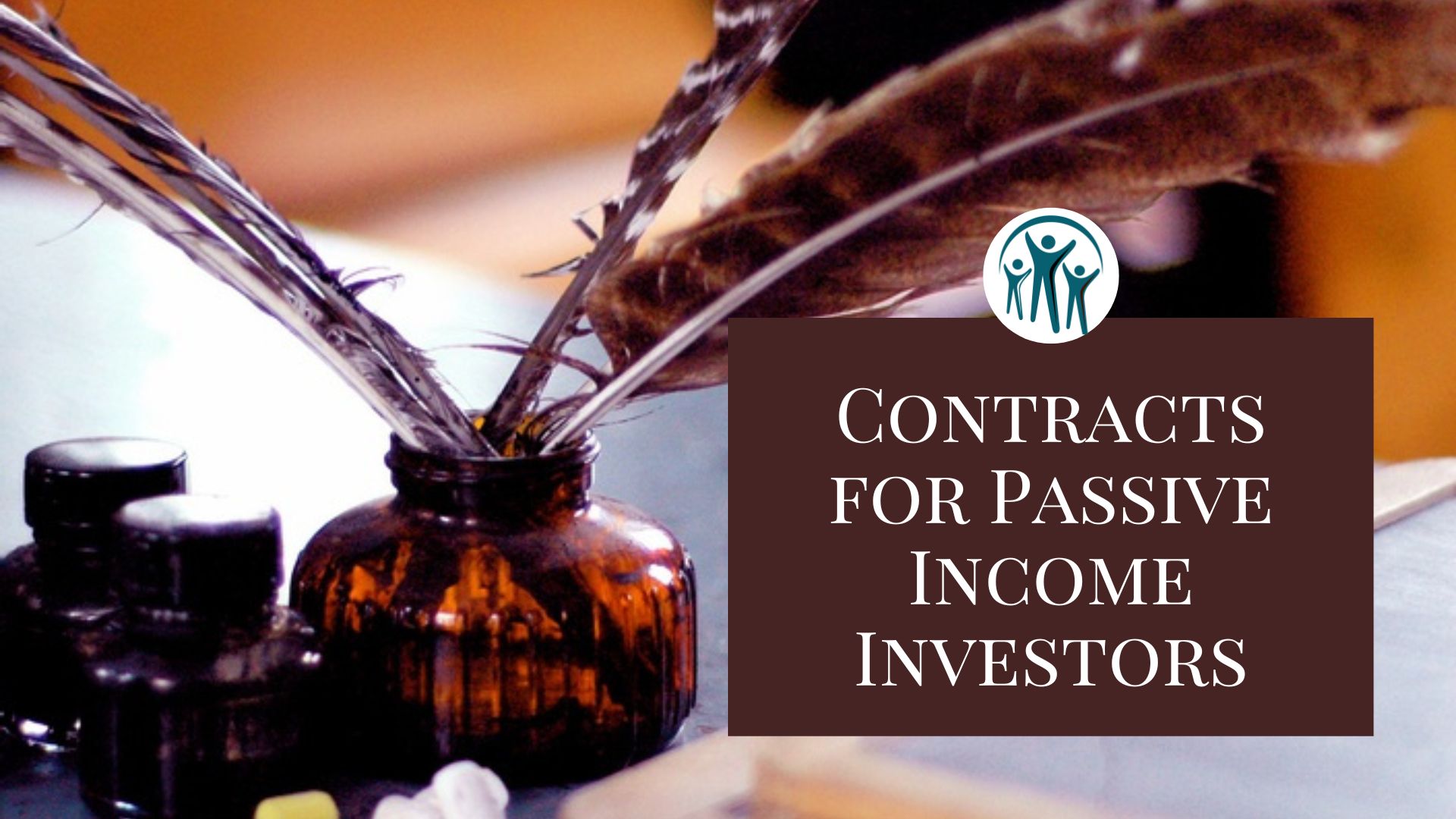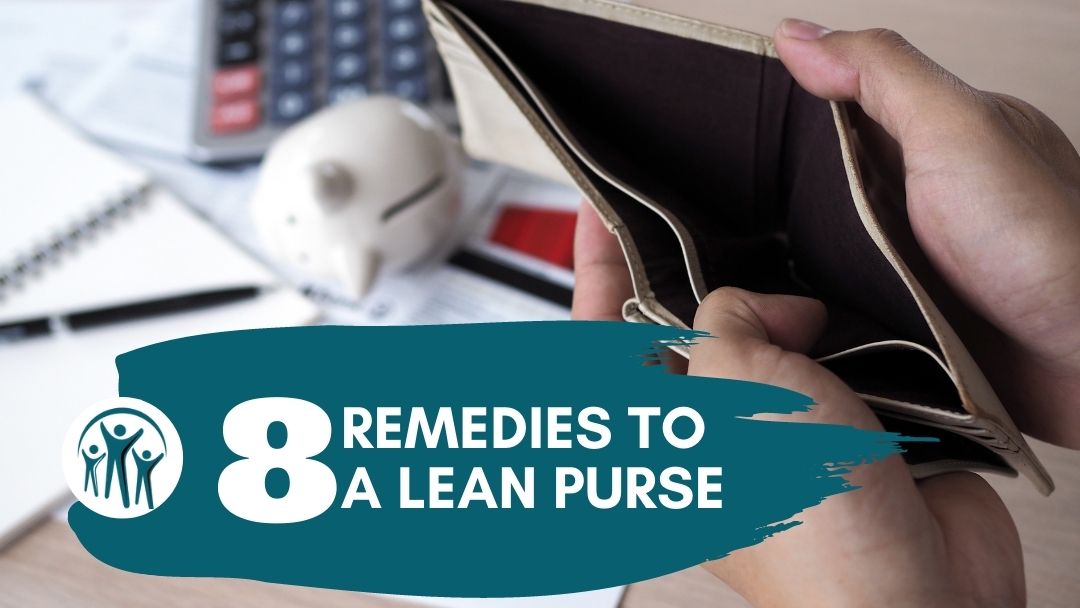Protect Your Money From Scams
During the holiday season, we tend to make a lot more purchases online for travel and gifts. It is especially important to be vigilant about protecting your money. Here are some of the most common scams to watch for: [1. ©2018 Larry Marvin, Image Credit: Paying-or-Shopping- online8716835510_8ba11c7b30_o.jpg
Fake Websites and Apps
Scammers often create fake websites that are so similar to the sites of popular retailers; it easily tricks consumers into providing payment information. The scammers take your information and your money, but you never receive the products.
Scammers have also developed fake apps that contain malware. When you download the app, the malware steals personal information from your device or locks it, holding it for ransom until you pay the scammers.
Be careful of apps or websites that ask for suspicious permissions, such as granting access to your contacts, text messages, stored passwords, or credit card information. Also, poor grammar or misspelled words in an apps’description or on a website is a red flag that it is not legitimate.
Other types of fraudulent apps ask you to log in using your social media or email accounts that could expose your personal information for the scammers to steal.
Email Links
Avoid clicking on links in unsolicited emails or emails from unfamiliar sources. The links may lead to an illegitimate website attempting to get you to enter your credit card or other personal information.
Some links may download malware (malicious software, such as computer viruses) to your computer when you click on them that can steal your banking information, including login identification, passwords, and credit or debit card numbers. These emails typically look very similar to ones sent by well-known retailers, banks, and other entities.
Be on the lookout for emails that have typos or other obvious mistakes. In addition, be skeptical of email attachments described as coupons, rebates, or payment forms – they could include malware. And avoid email offers that seem “too good to be true.” If an email promises popular items for free or a surprisingly low price, it is probably a scam.
Making Payments on Unsecured Sites
Before paying for a purchase online, make sure the website you’re on has “https” at the beginning of its URL with a lock symbol:
This means the site has a protected network connection. Websites with “https” at the beginning of the URL with no “s” are more vulnerable to attacks by scammers who steal credit card information by monitoring network traffic.
Also be aware of pop-up windows that appear while you are on a website asking for your credit card information to receive coupons or to win free items. Legitimate companies do not ask for your personal information for those purposes.
Using Public Wi-Fi to Shop or Access Sensitive Information
Wi-Fi allows your laptop, PC, or mobile device to connect to the internet without a physical wire connection. Many restaurants, hotels, libraries, and other places offer free public Wi-Fi, which is convenient when you’re on the go.
Many of these networks may not be secure and may expose your personal and banking information toscammers looking to steal names, social security numbers, and bank account numbers.
Avoid using public Wi-Fi to make purchases online, log in to your financial accounts, or access other sites that have sensitive information about you. It’s also a good idea to stick with websites that have “https” encryption(discussed above) when in public places.
See part 2 of this series for additional information.
###Larry Marvin
LifeCrafter – Money $ense
Source:
For more help or information, go to www.fdic.gov or call the FDIC toll-free at 1-877-ASK-FDIC (1-877-275-3342).







